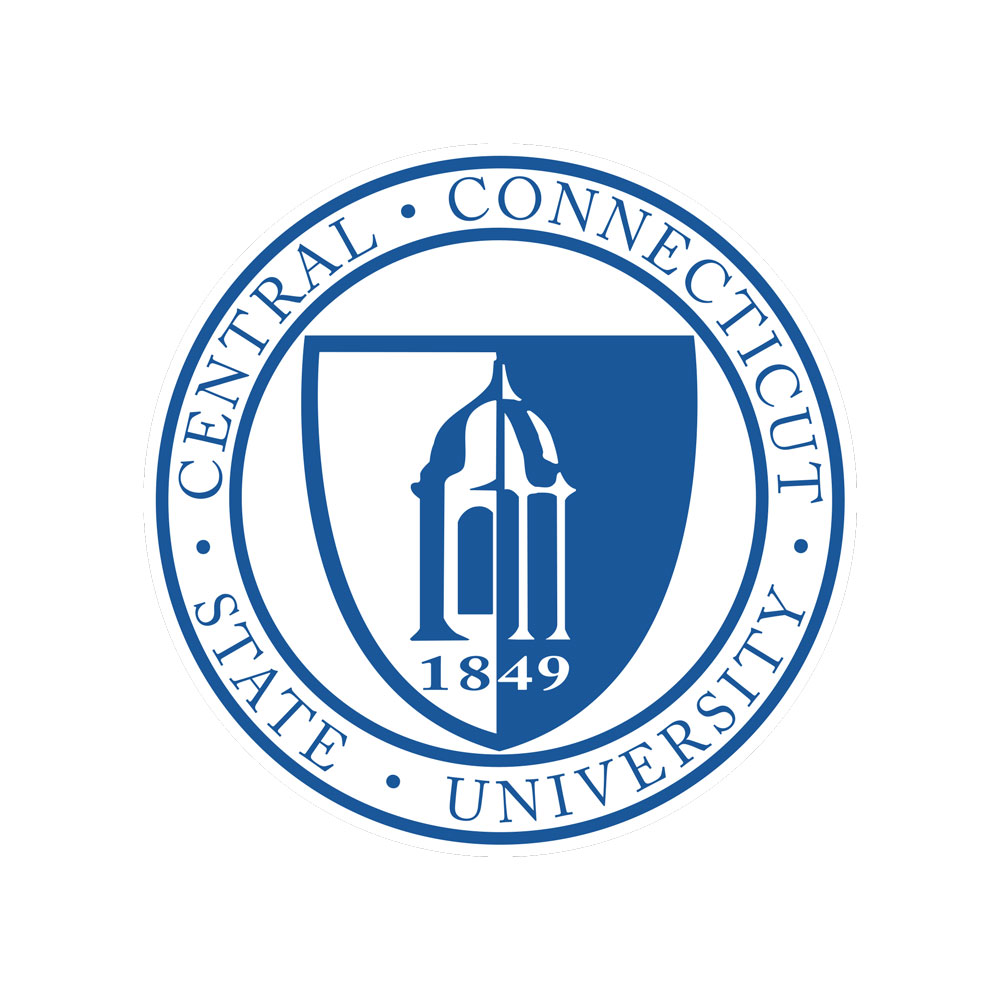



Who We Are
Faculty from CT colleges and universities, actively engaged in research and teaching pre-service educators.
SUPPORTING TEACHERS - SUPPORTING LEARNERS
Best Practices • Evidence-Based • Research-Supported
What We Do
Professional development
Workshops are catered to the needs of individual clients (districts/schools) and are created and executed by the faculty members who teach the topic at an institution of higher learning.
Consulting sessions
Individual faculty consult/walkthrough districts and schools.
Teacher observations
The faculty observe individual classrooms and offer constructive feedback that matches research-based and evidence-supported practices.
Needs Analysis
We assist districts/schools in designing self-reflection tools as well as analyzing and interpreting data.
Why This Matters
Numbers of English Learners
CT is home to 541,815 students who use 175 different languages in their daily life. 80,007 consider a language other than English to be dominant, and 34,833 are identified as English language learners. This means that their overall proficiency in English is not sufficient for a typical CT pre-K-12 classroom.
Teacher Capacity/Shortage
The vast majority of educational professionals in CT schools have not received instruction in internal complexities, as well as advantages, of multilingual experience.
Classification and Variability
English learning is not viewed as a subject matter but as a service. Because of this classification, the type and the level of support for English learners, as well as the level of credentialing of providers, varies greatly.



